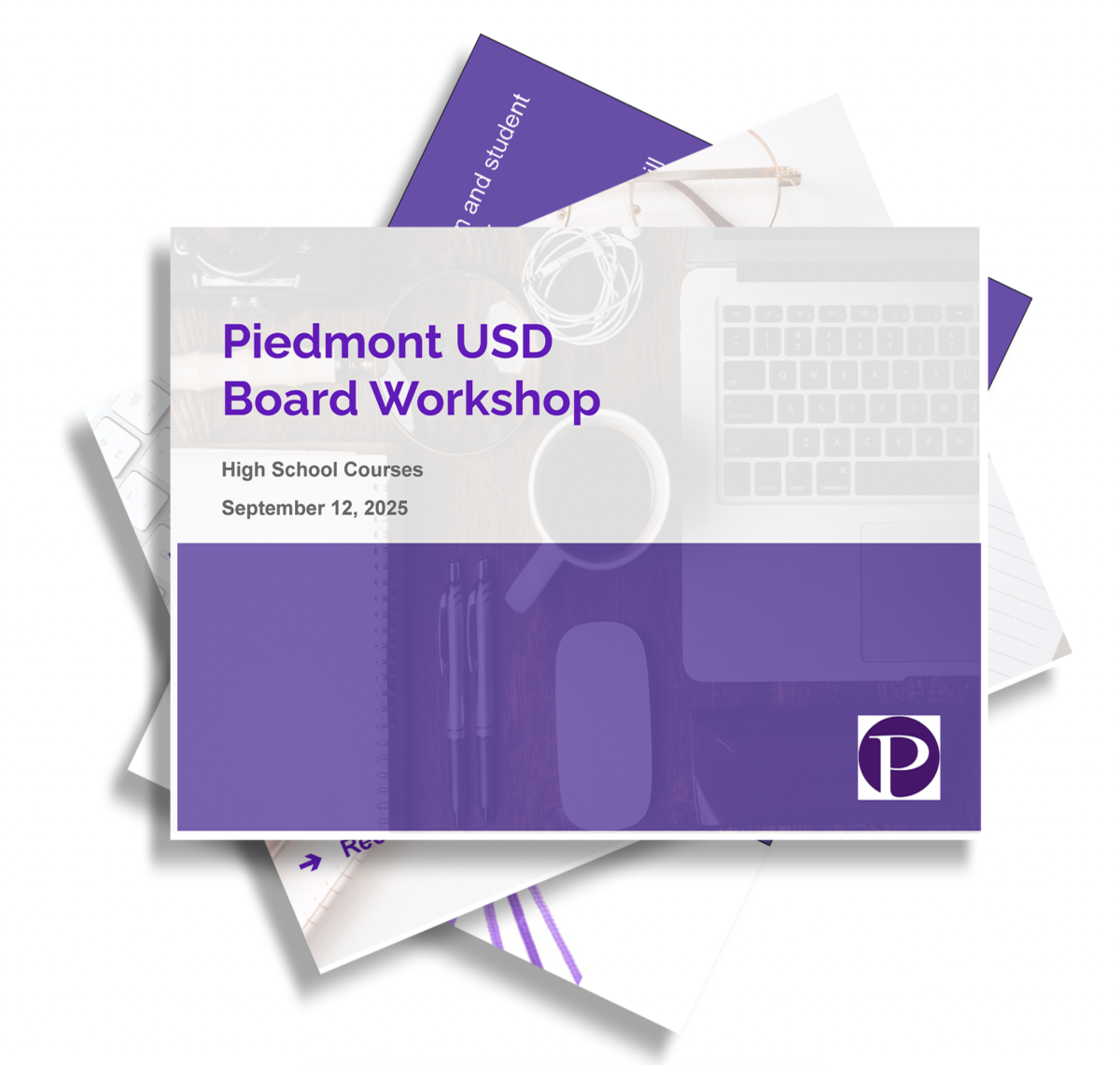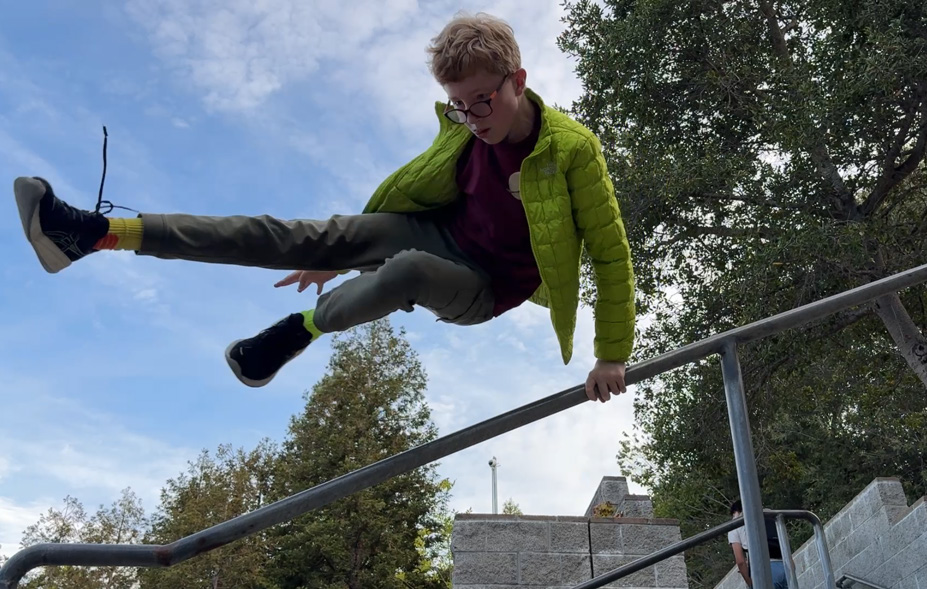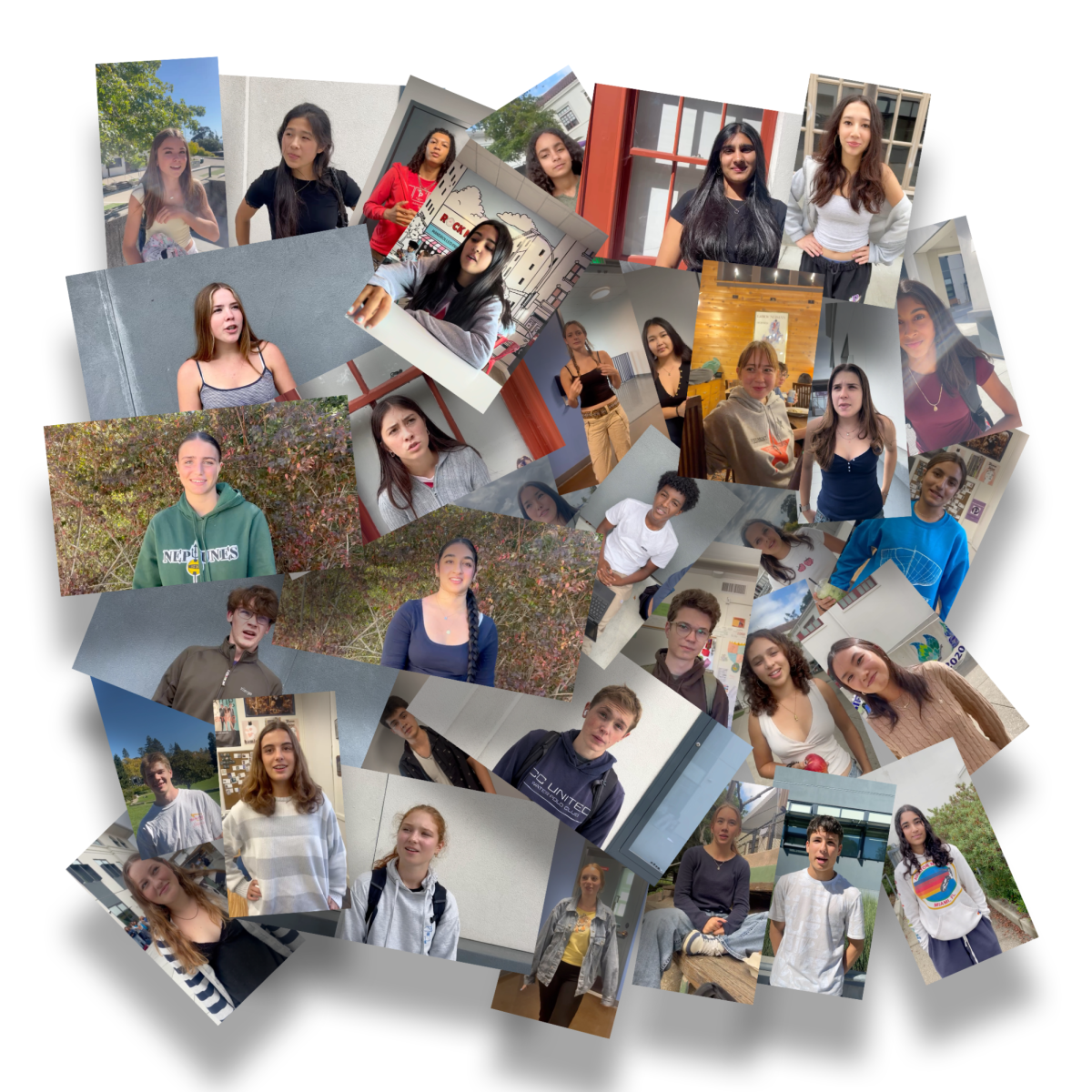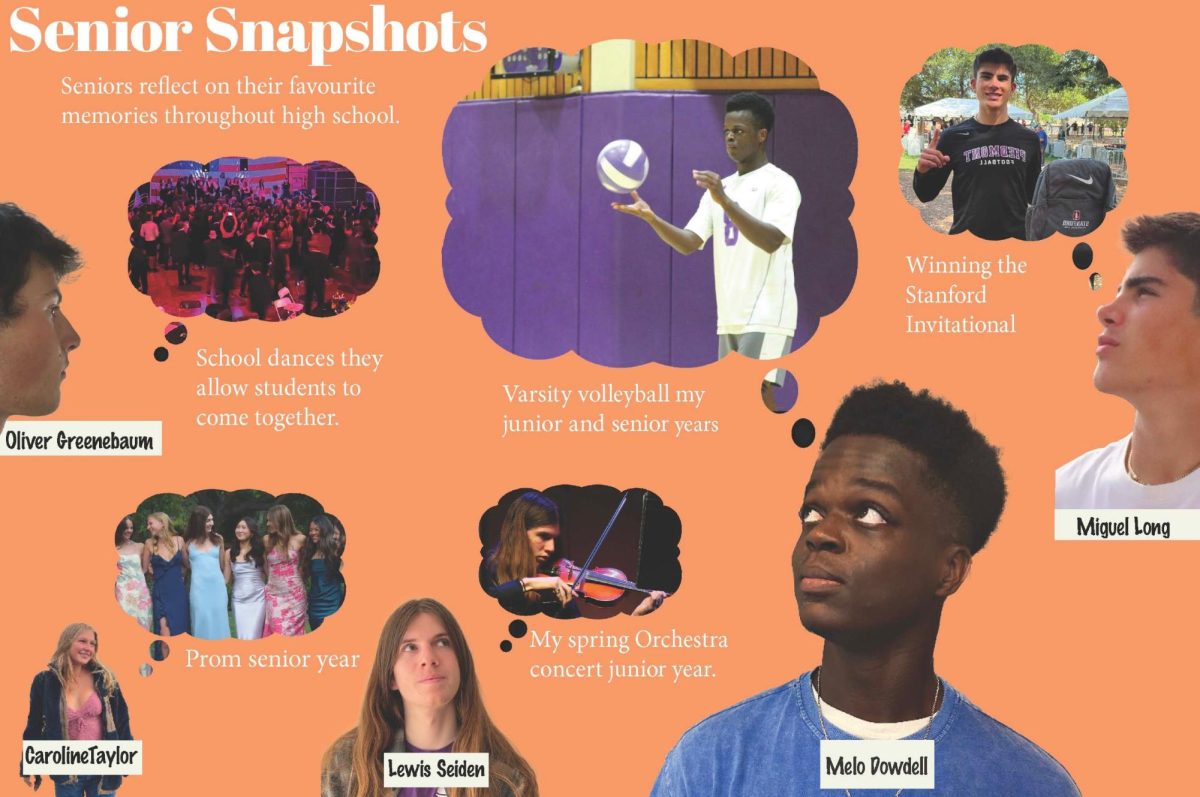from: ADMINISTRATION (asst. principal Eric Mapes)
On the administrative level, minor offensives of academic integrity can result in detention, lunch cleanup, Saturday school or one-day suspension. Major offenses can result in all of the above, excluding detention.
“It really depends on each individual case,” assistant principal Eric Mapes said. “Cheating on an assessment, a project, a major paper, a test, is pretty major. But again, it’s on an individual basis.”
Teachers are supposed to enter the violation into Infinite Campus, though only administrators have access to that record.
Mapes said the focus is not to be punitive, but rather to improve communication and relationships after the incident.
“I want students to realize that you have a relationship with every teacher and every relationship is based on trust, honesty and respect,” Mapes said. “When this kind of thing happens, you need to build that relationship back, and that’s going to take time, energy and commitment.”
Anytime there is an academic integrity violation, it is also important to reflect as an administrative team and faculty, he said.
Mapes recognizes the high stress environment and the hard work students put into school, but he thinks students need to advocate more for themselves.
“Most of our core beliefs is that you’re going to be a stand-up person and you’re going to do the right thing,” Mapes said. “When you don’t do the right thing, I think you do lose a piece of yourself, and it’s never worth it.”
from: SOCIAL STUDIES (Courtney Goen)
Although the department does not have a standard plagiarism policy, social studies teacher Courtney Goen would be in favor of one.
“I respect the fact that teachers don’t all agree about plagiarism, that they don’t all agree about consequences, but I think consistency and uniformity is powerful with a policy like this,” Goen said. “I think the fact that there is so much disagreement helps explain in some ways why it is a problem at our school.”
Goen’s policy regarding plagiarism is negative points equal to the value of the assignment.
Consequences surrounding plagiarism are never intended to be personal, Goen said.
“No teacher is in their classroom or at home saying, ‘Please let me catch someone cheating or someone plagiarizing.’ It’s horrible. I don’t like it,” Goen said. “But integrity is a value that I think is really important, and I want my students to be able to learn that value so they take it seriously.”
In her experience, almost every case of plagiarism or cheating has been a case of poor judgment.
“I want to teach my students how to avoid those bad decisions,” Goen said. “I want them to learn now as opposed to college where they’d have to go before a panel, or a counsel, or get kicked out of college. There’s people who lie or plagiarize in the workforce and they’re hired. I don’t want that to happen.”
from: COMPUTER SCIENCE (Rajendra Shrivastava)
Computer science teacher Rajendra Shrivastava believes in giving students multiple chances when they make mistakes. However, students have a responsibility to judge the risk and reward of their actions.
“Just like if you walk towards a ledge of a cliff, chances are you’ll fall. What happens if you fall?” Shrivastava said. “If it’s a small cliff, you’ll bounce back. If it’s a large cliff, you’ll die.”
Because Shrivastava’s computer application classes are project-based, there is a large focus on collaborative work. Next year, however, he will be teaching classes like AP Computer Science, where tests are also included in the curriculum.
If a student were to cheat, the consequences would go beyond a zero on the assessment.
“We’ll have a talk, we’ll have a talk with the counselors, I will probably have a discussion with the parents about ethics,” Shrivastava said. “It is not just the class, it’ll be a whole life-learning experience. It is a group activity to raise the child as a learner.”
Having gone to graduate school to earn his Ph.D., Shrivastava has experienced extensive training about plagiarism. Professors may have varying policies, but an offense in college is inexcusable.
“Academic dishonesty [in college] is straightforward expulsion,” Shrivastava said. “If you read the letter of the law, the consequences are very harsh.”
from: ENGLISH (whole dept.)
English is the only department that has a standard policy regarding plagiarism and other academic integrity violations. The sentence “Academic Integrity Violations will result in negative points for the assignment value reflected in the student’s grade” is present on every teacher’s syllabus.
In the beginning of the year, English teacher Rosie Reid goes over cheating scenarios with her students, several of which include cases of plagiarism.
“My line is always, ‘Not sure? Ask your teacher,’” Reid said. “I really want to make it so it’s more about prevention than consequences. It’s really important for people to know that dishonesty is worse than not doing it.”
After talking to those who have cheated, Reid said they tend to come to her more for help and show they have learned from their mistakes.
“Typically, because their grade was knocked down a bit, they stepped up their game and started doing better than they were already doing anyway, and they usually see the best version of themselves,” Reid said.
from: SCIENCE (John Savage)
Science teacher John Savage does not take plagiarism and cheating lightly.
“It’s a false representation of yourself. Trust is something that is given but can be lost very quickly,” Savage said. “In education, it’s a big deal because it’s our job to make sure that students understand and are improving.”
Savage’s policy is a zero on the assignment or test, a report to Infinite Campus and usually a notification to the parents.
Savage would not write students a letter of recommendation if they have a breach of academic integrity on their record. If he has already written a letter, he will notify the organization or college about the offense.
“There are a lot of behaviors that show an individual’s character,” Savage said. “While copying someone’s homework may be something super small, the expectation is that they are consistent.”
While he hopes cheating incidents are a one time slip of judgment, he would probably look at the student’s work with a closer eye.
“I think a lot of students take the easy way out and they’re afraid of the challenge and aren’t willing to put in the work,” Savage said. “I think that’s the primary reason why people cheat. But it’s better to say, ‘I didn’t get it and I tried and here’s me showing my attempt that I tried,’ versus ‘No, I copied it off of Jessica or Mike.’”
from: MATH (Doyle O’Regan)
Plagiarism may be harder to identify in math, but it still exists.
Math teacher Doyle O’Regan’s policy is a zero on tests and assignments.
“To be honest though, it’s hard to see on assignments unless you catch them red-handed,” O’Regan said. “Two people can pretty much not talk to each other, but they do the exact same work.’”
If there is a second offense, a semester grade will be lowered a full letter and parents will be notified. Even two offenses on homework assignments can result in the grade drop.
“Is it really worth that for you to get two or three points on a homework assignment for the possible grade drop,” O’Regan said. “No, lose two or three points and move on.”
from: WORLD LANGUAGES (Virginia Leskowski)
In Spanish teacher Virginia Leskowski’s classes, consequences are determined on a case-by-case basis. These include a point deduction, receiving a zero on the assignment and writing an apology.
“Depending on how the person reacts, there’s also some admiration and satisfaction in helping a person move past a poor decision and distinguishing between being a bad person and a person who has made a poor decision,” Leskowski said.
It is important to help students realize that a poor decision will not necessarily soil a relationship forever, Leskowski said.
“Most teachers in high school would have a lot of really bad relationships with kids if they never forgave them because we all have bad days,” Leskowski said.





























